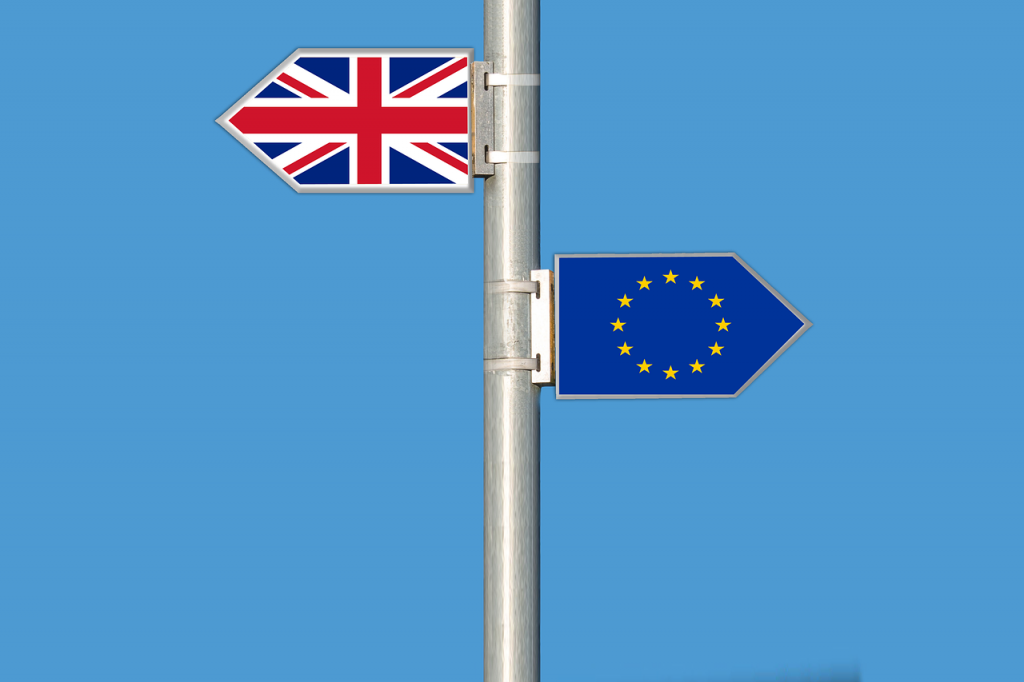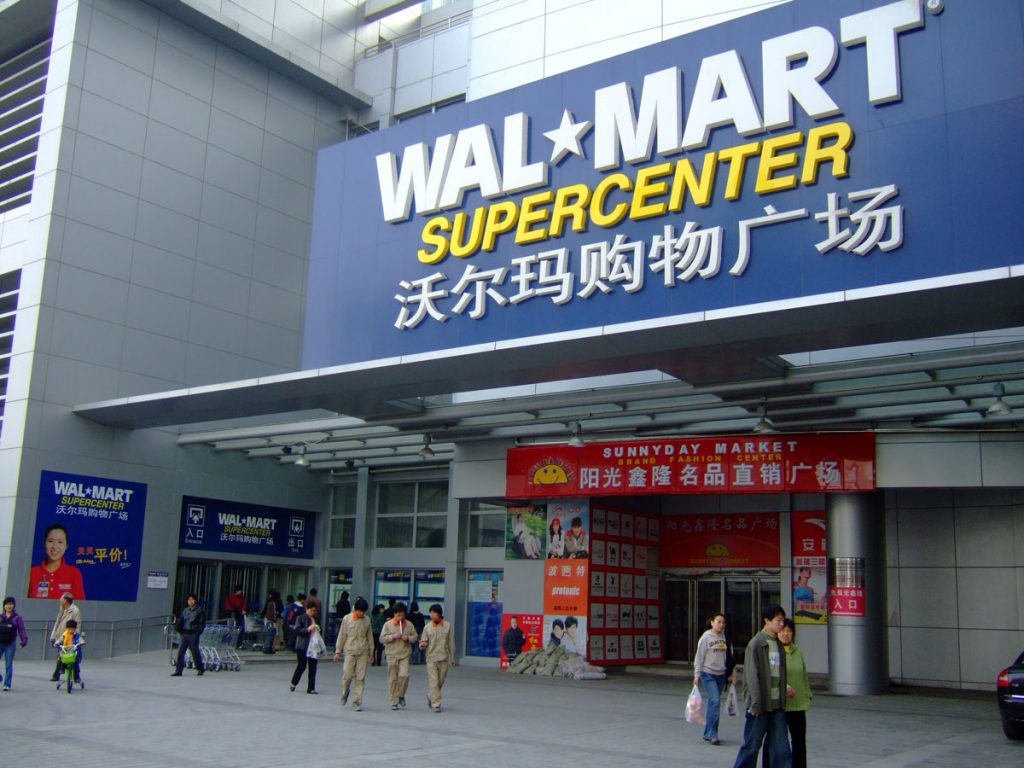Globalization, Brexit, and Linguistic Diversity Posted by Jakob Gibbons on Jul 13, 2016 in Archived Posts
It’s been a short two weeks since the Brits portmanteau’d their way out of the EU with the shocking Brexit vote. But while economists, investors, and world leaders scramble to do damage control, language lovers around the world have different concerns.
Whether the UK is or isn’t part of the EU, whether students are electing to learn Polish or Portuguese, and whether you’ll even be able to learn Catalan or Crimean Tatar—these variables are all intertwined. They’re all products of globalization, the mysterious set of processes by which people, their jobs, and the languages they speak are being shaken up in a big Yahtzee cup and dumped back out across the globe, borders be damned.
Globalization is the cause of an ongoing recalibration of the power balance between world languages, which has repercussions for all of us. But they’re not all necessarily bad.
The European Union is the most visible example of globalization for most of us, and it’s also a microcosm for watching linguistic diversity in action.
Europe’s 287 living languages have historically had a tough time sharing space and taking turns speaking on their cramped continent. As the region and the world have gotten smaller and tighter-knit, the loudest voices–English, French, German–have tended to talk over the smaller ones that surround them, often forcing the little guys into the dark corners of society and away from public eyes and ears.
This creates a setting in which money, power, and prestige are all heavily associated with a handful of dominant languages, leaving the others with second-rate status, the provincial tongues of the masses. As regional and minority languages slowly disappear from schools, cinemas, and job descriptions, each new generation has less and less social motivation to learn them, and their numbers dwindle, sometimes to extinction.
It’s an uncomfortable truth for linguaphiles who also fancy themselves global citizens, but in many ways, when it comes to preserving our global linguistic diversity, globalization is the problem.
The role of English in particular has transformed the cultural and linguistic make-up of the EU since its entry into the union in 1973 as the official language of the United Kingdom. Of the big world languages spoken in Europe, none has as much money and media power as English, the language of not only Downing Street and Downton Abbey but also Wall Street, Hollywood, and other wealthy countries like Australia, New Zealand, and Canada.
Today just over half of Europeans speak English as a first or second language–you’ll find English speakers in every capital and university town from Lisbon to Helsinki, and in large swaths of the Northern and Western parts of the continent, there’s an almost eerie omnipresence of English and the people and media who convey it.
For travelers, Europe’s Anglophilia translates to convenience: we can backpack across an entire continent with reasonable hopes of finding a few English speakers more or less wherever we may roam. But those friendly local youths who direct us to the train station have spent years of their education learning English, perhaps to the detriment of learning a minority, regional, heritage, or endangered language.
To put it differently: given the choice to learn the heritage language spoken by your grandparents and every retiree in town, or learning a bigger, global language like English or French, what would you choose? The answer of course differs from individual to individual, but on a global scale it’s clear that we’ll always strive for the tongues we view as “most useful”.
Just as importantly, under supranational governments like the EU, language policy tends to aim for reaching as many people as possible, which usually means focusing on a handful of widespread languages. Each member country of the European Union is entitled to one official language, making for a total of 28 official languages–in which all European government documents and websites are made available–of the 287 living European languages.
But at the same time, globalization and all the processes that emerge out of it are some of the most promising tools we have for conserving our world’s linguistic variety. Globalization is also the solution.
Part of globalization means that, rather than only having big national governments to bargain with when it comes to things like public education and official documents in a local language, there are more options for smaller groups to go over the big guys’ heads and band together in Brussels.
We see this manifest in supranational legislation like the European Charter for Regional and Minority Languages, which offers among other things “the prohibition of all forms of unjustified distinction, exclusion, restriction or preference relating to the use of a regional or minority language and intended to discourage or endanger its maintenance or development”.
Spain, for example, is a culturally and linguistically diverse country with several autonomous communities who speak their own recognized languages. If the Spanish government decided to outlaw the Catalan language or mandate Spanish as the only medium of public education (as was the case under the Francoist dictatorship until 1975), these communities now have an option for going over Madrid’s head and asserting their linguistic rights and identities.
Moreover, the technological innovation and dissemination we’re seeing as a by-product of globalization offers new tools for documenting, preserving, and promoting marginalized languages. The same tech tools that are being developed for private companies to sell and private persons to play with can be used by international organizations dedicated to the preservation of cultural heritage.
An example of this is the 7,000 Languages Project, powered by non-profits and technology companies like Transparent Language in an effort to make the best technology available for the documentation, teaching, and learning of under-resourced languages. It’s part of the reason Transparent is able to offer languages like Wolof and Breton that aren’t normally offered at your local college, and it’s also part of an effort to putting technology to work to save our planet’s languages.
So what does all this mean for the United Kingdom and the European Union? It means that language politics are already at play, that the French are pushing to have English removed as an official working language, and that German will be the language of Europe’s undisputed economic and financial leader.
The rest depends on the terms of exit: if the UK manages to maintain strong business ties with the Continent, the linguistic power balance may remain business as usual. Either way, English isn’t likely to exit Europe any time soon, and the EU and the rest of the world will still need to work together to find innovative new ways to promote linguistic diversity and preserve our linguistic heritage.

Build vocabulary, practice pronunciation, and more with Transparent Language Online. Available anytime, anywhere, on any device.






Leave a comment: